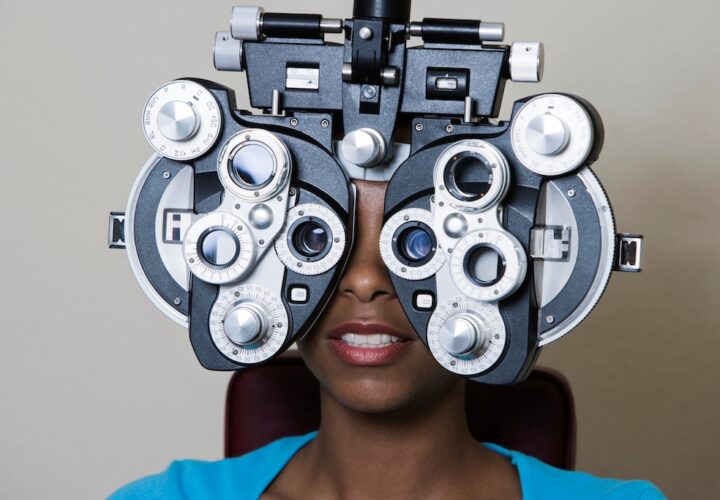And a new study points to childhood as a time to gauge some of Alzheimer's disease's risk factors.
We know that the greatest risk for Alzheimer’s is age–the older you get, the higher your risk of developing the disease. One in ten people over 65 has the disease, but one in three seniors will die with Alzheimer’s or another type of dementia.
But who Alzheimer’s strikes can seem random. A person with no family history and a record of being healthy throughout their life can still be hit with a dementia diagnosis. That’s why any clue scientists can find about who is more likely to develop the disease is so crucial to understanding how to prevent it. And a new study points to childhood as a time to gauge some of those risk factors.
In a study published in the American Journal of Psychiatry, researchers found that genetic risk for Alzheimer’s could be related to the size of the hippocampus and level of brain function in childhood.
Children between 6 and 14 years old were assigned a polygenic risk score, an assessment of which of their genes have been connected to Alzheimer’s, and therefore heighten their chances of developing the disease. Scientists also examined the volume of their hippocampus, the brain’s memory and learning center, and gave them a cognitive test.
They found that a child with a high genetic risk of Alzheimer’s had lower recall ability on the cognitive test and a smaller hippocampus in two studies on Brazilian children—364 in the first group, and 352 in the replication group.
What this tells us is that Alzheimer’s could be a neurodevelopmental disease, meaning it is caused by issues during the growth of the brain and central nervous system.
“These data support previous evidence that some forms of late-life dementia may represent developmental conditions with roots in childhood,” wrote the study authors.
Knowing who might go on to develop Alzheimer’s can help us understand how to prevent it, and gives us the ability to observe how Alzheimer’s develops in the brain. For someone with a high risk, knowing when they’re going to start developing the beta-amyloid plaques that characterize the disease means they can get into a clinical trial that tries to eliminate or stop those plaques from forming.
This study was published in the American Journal of Psychiatry.

